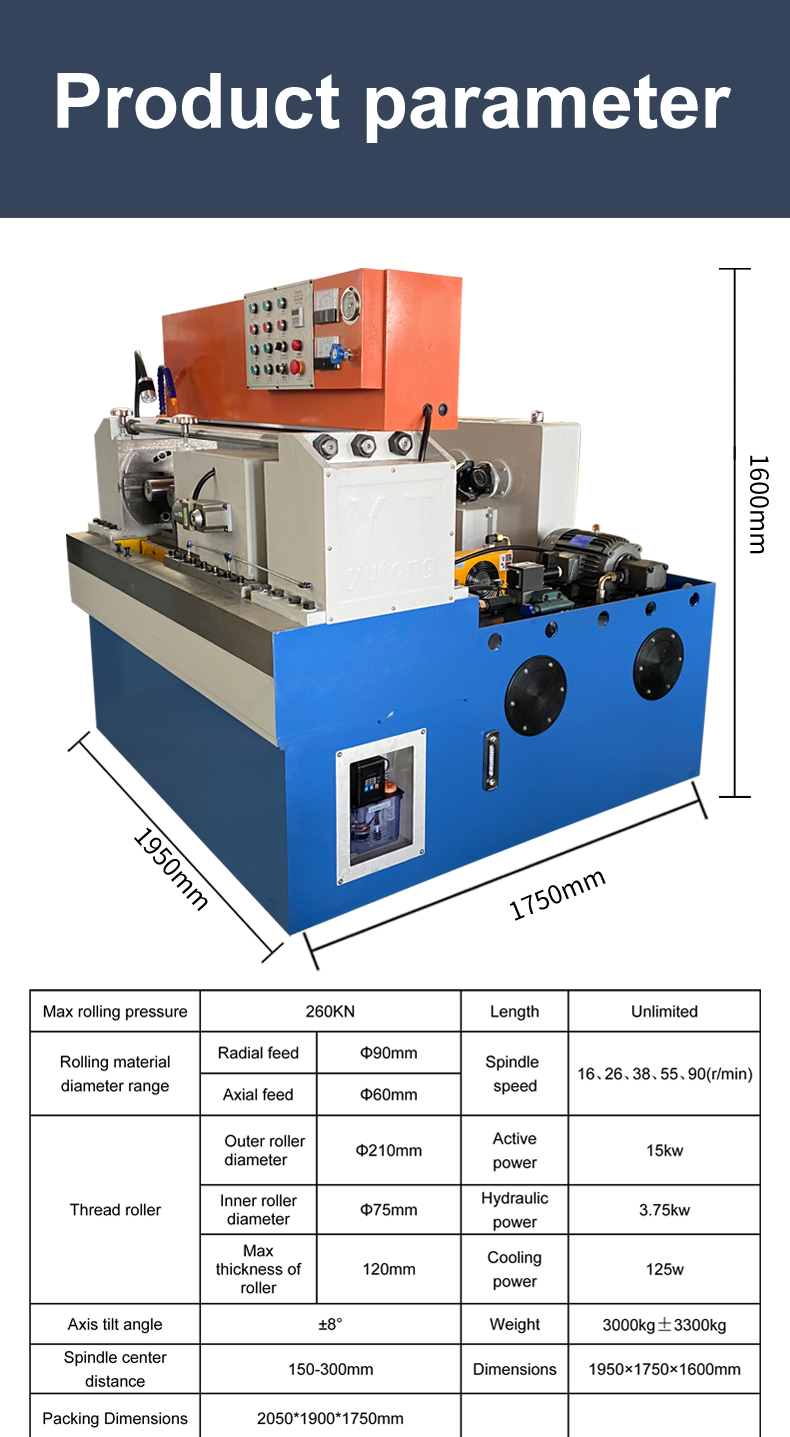
-
 Afrikaans
Afrikaans -
 Albanian
Albanian -
 Amharic
Amharic -
 Arabic
Arabic -
 Armenian
Armenian -
 Azerbaijani
Azerbaijani -
 Basque
Basque -
 Belarusian
Belarusian -
 Bengali
Bengali -
 Bosnian
Bosnian -
 Bulgarian
Bulgarian -
 Catalan
Catalan -
 Cebuano
Cebuano -
 Corsican
Corsican -
 Croatian
Croatian -
 Czech
Czech -
 Danish
Danish -
 Dutch
Dutch -
 English
English -
 Esperanto
Esperanto -
 Estonian
Estonian -
 Finnish
Finnish -
 French
French -
 Frisian
Frisian -
 Galician
Galician -
 Georgian
Georgian -
 German
German -
 Greek
Greek -
 Gujarati
Gujarati -
 Haitian Creole
Haitian Creole -
 hausa
hausa -
 hawaiian
hawaiian -
 Hebrew
Hebrew -
 Hindi
Hindi -
 Miao
Miao -
 Hungarian
Hungarian -
 Icelandic
Icelandic -
 igbo
igbo -
 Indonesian
Indonesian -
 irish
irish -
 Italian
Italian -
 Japanese
Japanese -
 Javanese
Javanese -
 Kannada
Kannada -
 kazakh
kazakh -
 Khmer
Khmer -
 Rwandese
Rwandese -
 Korean
Korean -
 Kurdish
Kurdish -
 Kyrgyz
Kyrgyz -
 Lao
Lao -
 Latin
Latin -
 Latvian
Latvian -
 Lithuanian
Lithuanian -
 Luxembourgish
Luxembourgish -
 Macedonian
Macedonian -
 Malgashi
Malgashi -
 Malay
Malay -
 Malayalam
Malayalam -
 Maltese
Maltese -
 Maori
Maori -
 Marathi
Marathi -
 Mongolian
Mongolian -
 Myanmar
Myanmar -
 Nepali
Nepali -
 Norwegian
Norwegian -
 Norwegian
Norwegian -
 Occitan
Occitan -
 Pashto
Pashto -
 Persian
Persian -
 Polish
Polish -
 Portuguese
Portuguese -
 Punjabi
Punjabi -
 Romanian
Romanian -
 Russian
Russian -
 Samoan
Samoan -
 Scottish Gaelic
Scottish Gaelic -
 Serbian
Serbian -
 Sesotho
Sesotho -
 Shona
Shona -
 Sindhi
Sindhi -
 Sinhala
Sinhala -
 Slovak
Slovak -
 Slovenian
Slovenian -
 Somali
Somali -
 Spanish
Spanish -
 Sundanese
Sundanese -
 Swahili
Swahili -
 Swedish
Swedish -
 Tagalog
Tagalog -
 Tajik
Tajik -
 Tamil
Tamil -
 Tatar
Tatar -
 Telugu
Telugu -
 Thai
Thai -
 Turkish
Turkish -
 Turkmen
Turkmen -
 Ukrainian
Ukrainian -
 Urdu
Urdu -
 Uighur
Uighur -
 Uzbek
Uzbek -
 Vietnamese
Vietnamese -
 Welsh
Welsh -
 Bantu
Bantu -
 Yiddish
Yiddish -
 Yoruba
Yoruba -
 Zulu
Zulu
ce certification types of thread rolling machine
Understanding CE Certification for Types of Thread Rolling Machines
Thread rolling machines are essential tools in manufacturing, playing a critical role in the production of threaded fasteners such as screws, bolts, and nuts. These machines form threads by deforming the material, which results in strong and precise threads. Given the increasing demand for quality assurance and safety compliance in industrial machines, CE certification has become crucial for manufacturers and operators of thread rolling machines. This article delves into CE certification, its importance, and the various types of thread rolling machines that require this certification.
What is CE Certification?
CE marking is a certification mark indicating that a product meets the European Union (EU) safety, health, and environmental protection standards. The CE stands for Conformité Européenne, which translates to European Conformity. Obtaining CE certification is mandatory for many products sold within the European Economic Area (EEA), particularly those categorized under various directives such as the Machinery Directive, which directly pertains to industrial machines, including thread rolling machines.
Importance of CE Certification for Thread Rolling Machines
1. Safety Assurance CE certification ensures that thread rolling machines comply with stringent safety and health requirements, minimizing the risk of accidents and injuries in the workplace.
2. Market Access Products that bear the CE mark can be marketed and sold throughout the EEA without facing additional barriers. This facilitates a smoother market entry for manufacturers.
3. Quality Compliance The certification process compels manufacturers to maintain high standards in production and quality control, ensuring that the machines operate efficiently and reliably.
ce certification types of thread rolling machine

Types of Thread Rolling Machines and CE Certification
Thread rolling machines come in several types, each designed for specific applications and industrial requirements. Here are the most commonly used types, each of which must adhere to CE certification standards
1. Flat Die Thread Rolling Machines These machines use flat dies to create threads on cylindrical workpieces. They are typically used for producing screws and bolts with standard thread profiles. CE certification ensures these machines operate safely and meet mechanical standards.
2. Circular Die Thread Rolling Machines Utilizing circular dies, these machines are ideal for high-volume production of fasteners with more complex thread forms. The CE certification process assesses their design and operational safety features, ensuring they can handle the stresses of high-speed production.
3. Multi-Station Thread Rolling Machines These advanced machines incorporate multiple thread rolling stations, allowing for the simultaneous formation of threads on several workpieces. Due to the complexity and risks associated with their operation, achieving CE certification for multi-station machines is essential to confirm their safety and efficiency.
4. Inclined Thread Rolling Machines Designed for producing specific thread pitches and angles, these machines use inclined rolls to form threads accurately. CE certification evaluates their alignment, operation, and overall safety measures.
5. Hydraulic Thread Rolling Machines Utilizing hydraulic systems for power, these machines offer precise control and adaptability for various thread-size applications. The CE certification process scrutinizes these systems to ensure they are safe and compliant with hydraulic machinery regulations.
Conclusion
CE certification is a vital component for manufacturers and operators of thread rolling machines, ensuring that they meet safety, health, and environmental standards in the EU market. Understanding the different types of thread rolling machines and the CE certification requirements associated with them not only aids in compliance but also enhances product quality and reliability. Consequently, manufacturers should prioritize obtaining CE certification to promote safety, facilitate market access, and reduce legal liabilities while navigating the competitive landscape of the fastener industry. As demand for high-quality threaded products continues to grow, adhering to CE standards will be indispensable for success in the global market.
